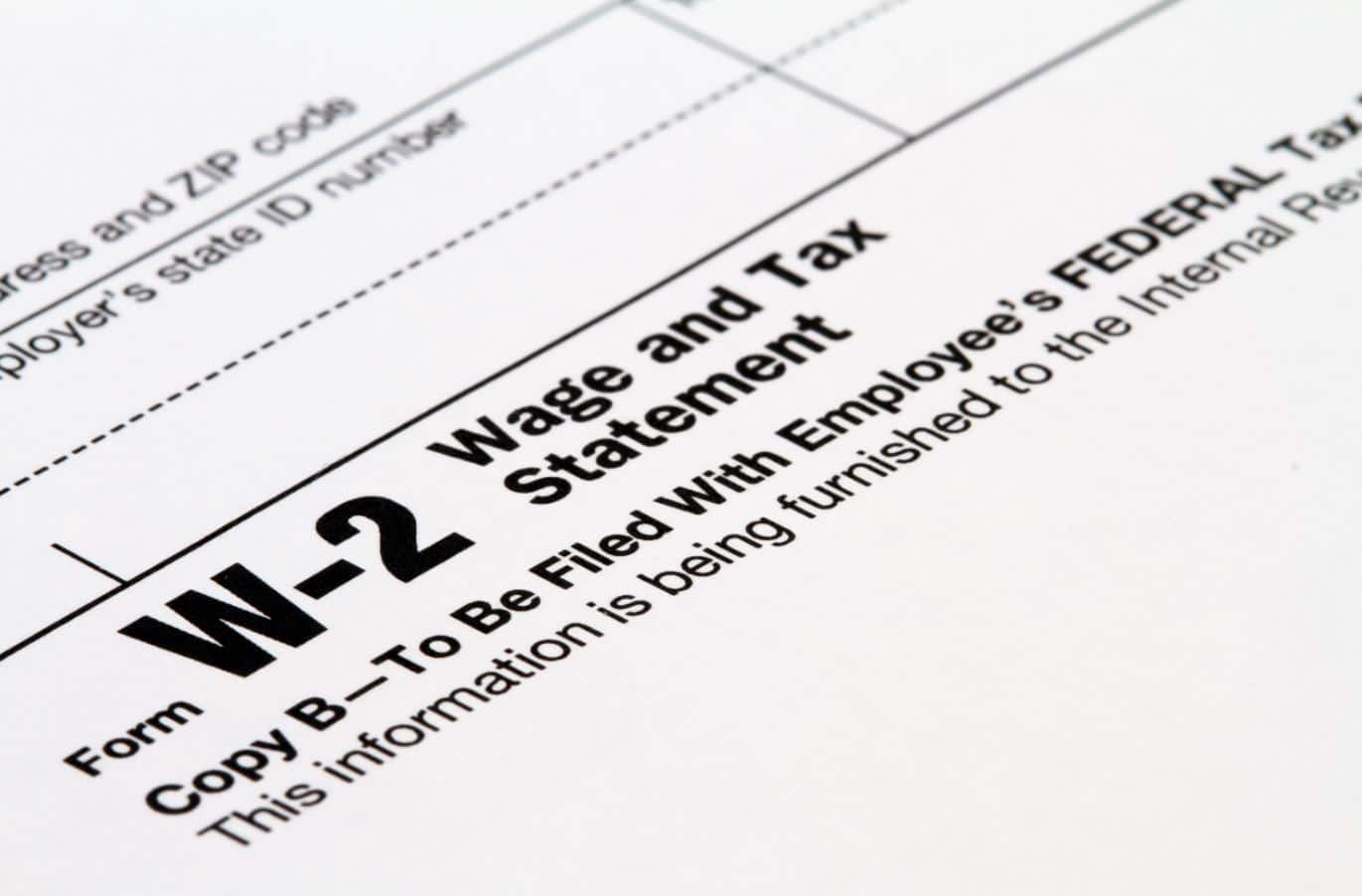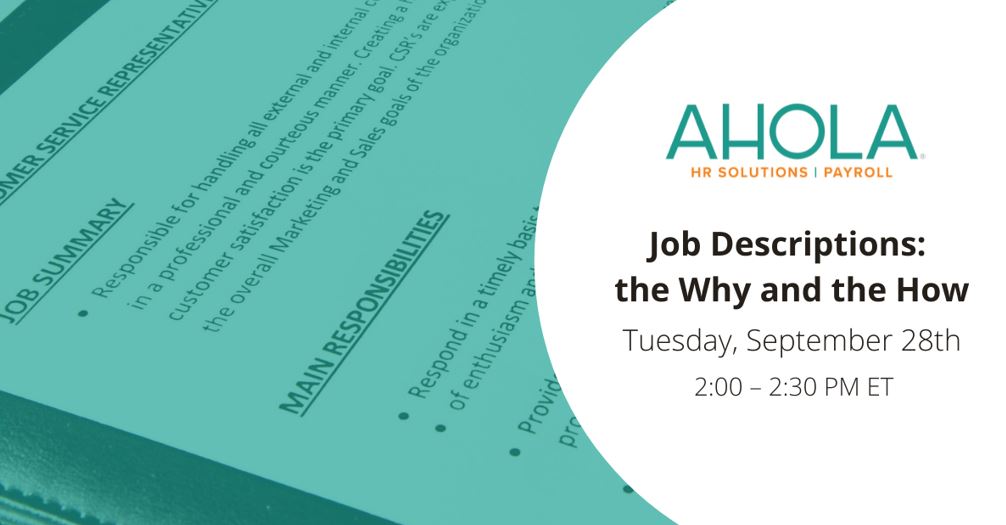[Free Checklist] Employee Moves to Different State
There are several things you need to do if an employee moves out of state. Review the checklist below for an overview:
Setup Payroll Tax Accounts
If you don’t already have other employees working in this new state, you’ll need to set up payroll tax accounts there. The state in which the employee physically works is the state used for state income tax withholding, unemployment tax contributions, and the like. Contact your payroll provider to set this up for you.
Update your Employee Handbook
An employee handbook lays out what you expect as an employer, your company’s commitment to employment, as well as safety laws and regulations. It can also protect you if you’re taken to court by a disgruntled employee or former employee. Update your employee handbook with any new state laws that apply. This is typically done with a state-specific addendum. Provide the updated handbook to the employee and require an acknowledgment.Review New Hire Paperwork in New State
Review that state’s new hire paperwork requirements. Update forms used if necessary. For example, Ohio employers are required to report new hires and re-hired employees with the Ohio Department of Job and Family Services within 20 days of their hire or rehire date. Employee information needed for reporting includes the employee’s name, state of hire, home address, Social Security Number, date of birth, and the employee’s start date.
Provide Employment Law Posters in New State
It may be shocking to think that in this electronic day and age, when all communications are through emails and text, the old-fashioned printed labor law poster still has a place in the office. Yes, the government still requires certain information to be posted in offices, and there may be penalties for failing to post them.
Notify Workers' Compensation and Health Insurance Carriers, if applicable
All states, with a small number of exceptions, require businesses with employees to purchase workers’ compensation coverage for employees. Businesses that fail to provide workers’ compensation coverage can face fines and possible imprisonment, as well as possibly losing the right to conduct business in the state.
Content provided by Ahola's HR Support Center







Reply a Comment